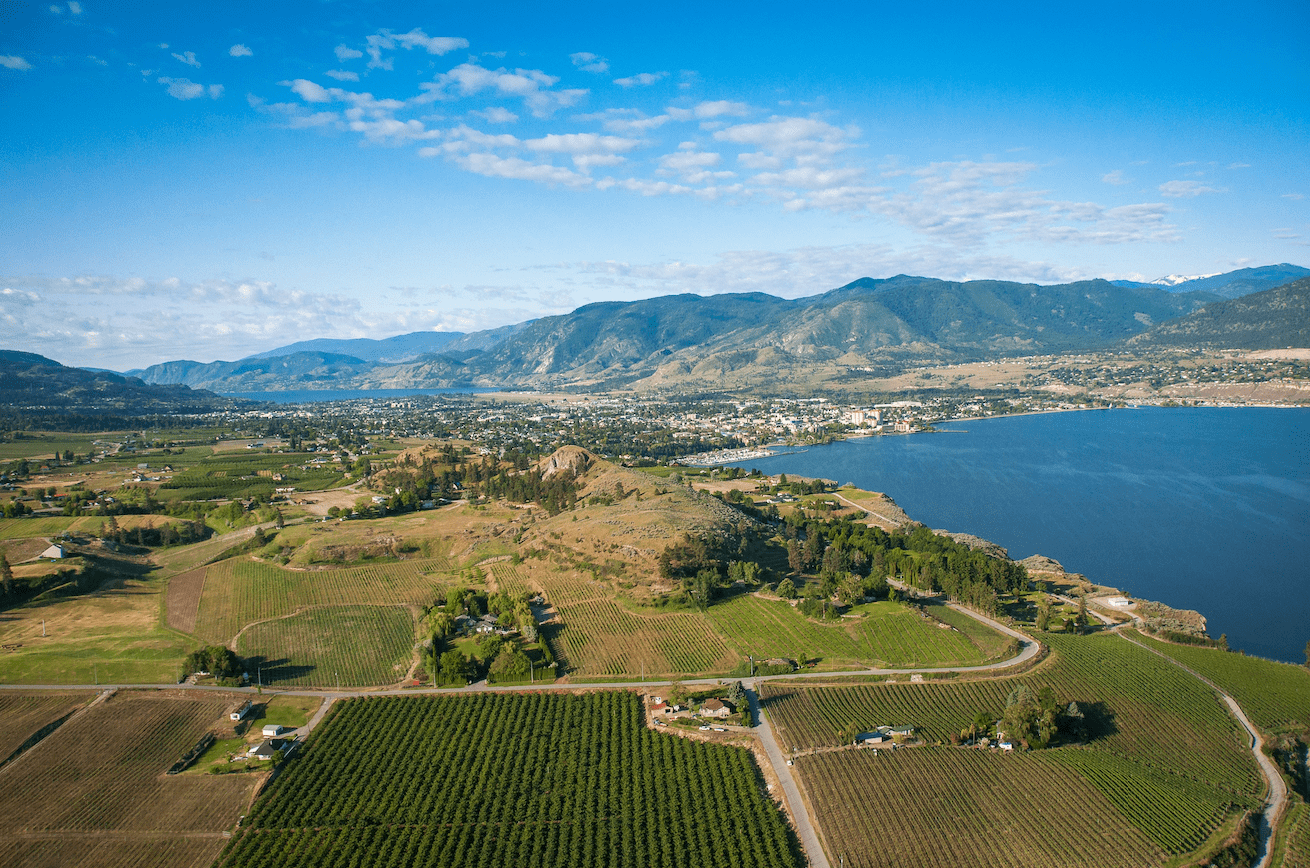SUMMERLAND – The District of Summerland has recently announced that it has joined the Billion Dollar Green Challenge network. The District is committed to establishing a green revolving fund (GRF) that will continue to grow over time, and has become the 67th institution participating in this initiative.
With this new GRF, the District of Summerland has created a sustainable funding cycle dedicated to reducing municipal energy and resource use while moving the District towards carbon neutrality.
A green revolving fund is an energy-efficiency financing tool that uses financial savings from previous efficiency projects and re-invests those savings into new projects. Revolving funds are an increasingly popular investment strategy due to their strong median annual return on investment (averaging 28 percent).
The GRF will be instrumental in meeting the District’s commitment to achieve carbon neutrality in operations, as committed to by signing the British Columbia Climate Action Charter. The GRF will be utilizing existing funds set aside for climate action projects, resulting in no additional budgetary spending by the District.
“We’re transforming energy-efficiency upgrades from perceived expenses to high-return investment opportunities,” said Mark Orlowski, Executive Director of the Sustainable Endowments Institute, organizers of the Billion Dollar Green Challenge initiative.
“Institutions that join The Challenge are able to turn energy-efficiency projects into long-term financial investments, increasing visibility and awareness of sustainability and helping them to save money.”
The District of Summerland has been actively engaged in funding climate action projects for almost a decade, and has already supported a number of efficiency projects in public buildings, including LED lighting, solar hot water, and boiler upgrades.
Each year, the District sets asides funds received through the Climate Action Revenue Incentive Program and also allocates money from the operating budget for climate action initiatives.
The establishment of this GRF will increase Summerland’s capacity to finance large-scale efficiency projects, and will encourage the prioritization of projects that meet social and economic objectives as well as financial ones.
With many proposed projects to choose from in the District’s Corporate Energy and Emissions Plan, staff are looking forward to utilizing the Challenge’s GRITS software tool to identify which projects have the strongest return on investment and potential for greenhouse gas emissions reductions.
Launched in October 2011, the Billion Dollar Green Challenge has grown to include participants around the US and Canada, including the State of Vermont, City of Atlanta, City of San Antonio, and the University of British Columbia. Participants in the initiative have committed over $131 million towards investments in sustainability and efficiency projects.

